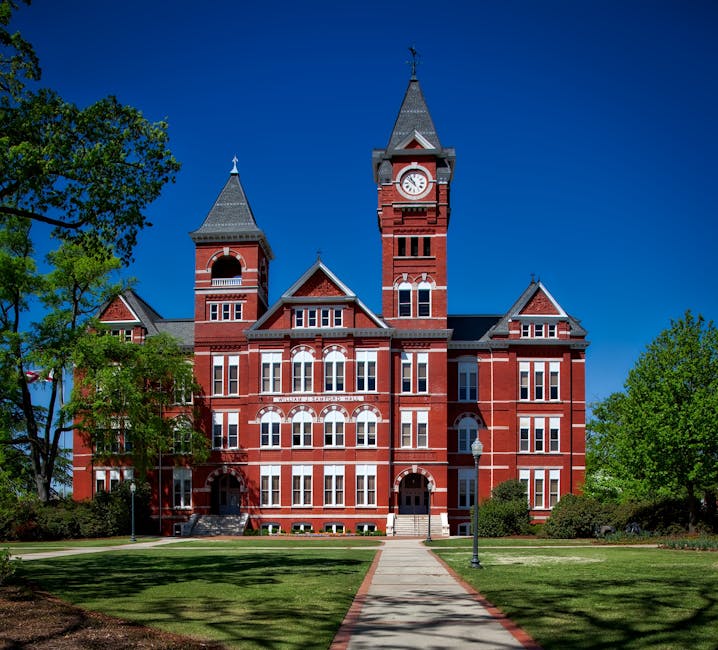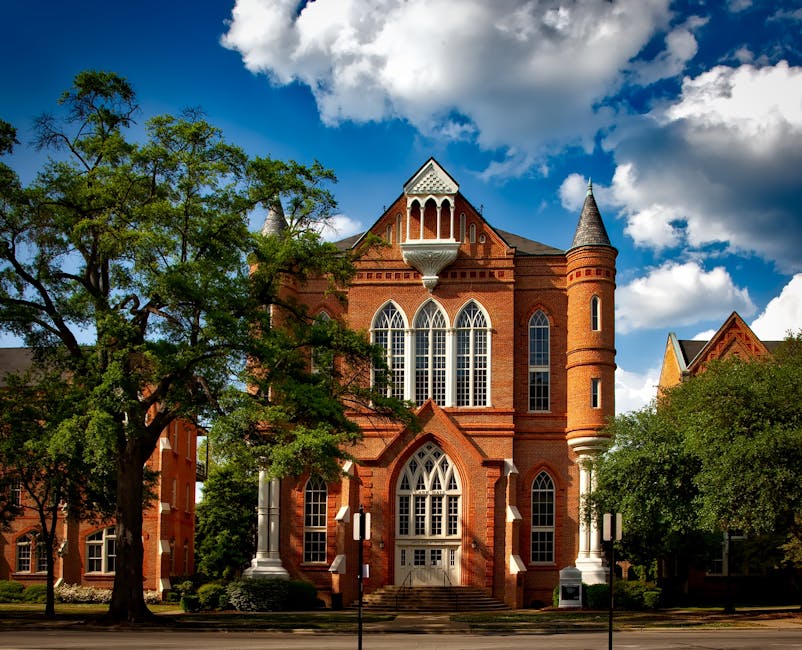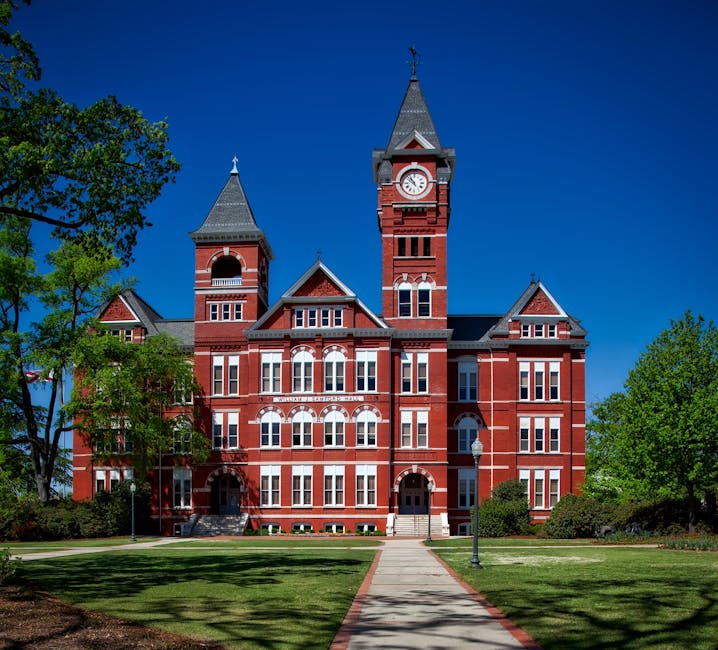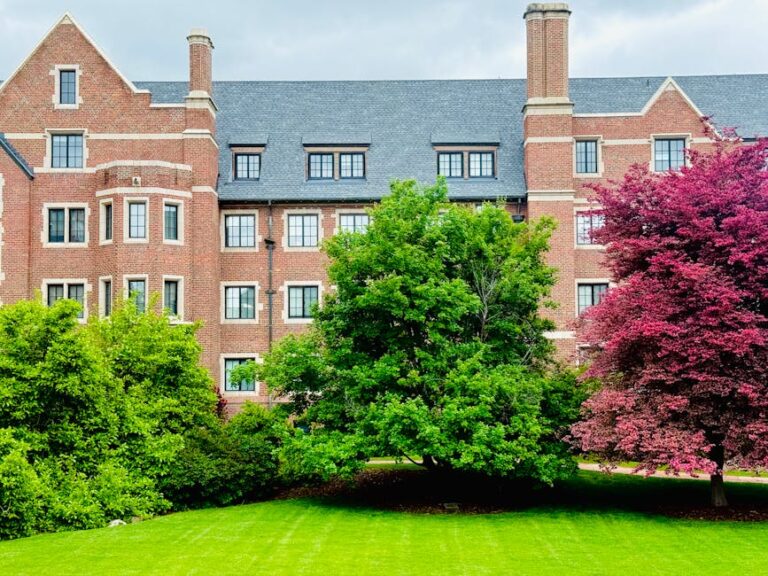Harvard University: A Comprehensive Guide to the Ivy League Giant
Harvard University: A Comprehensive Guide to the Ivy League Giant
Harvard University, a name synonymous with academic excellence, prestige, and innovation, stands as a beacon of higher education. Established in 1636, it holds the distinction of being the oldest institution of higher learning in the United States, a legacy etched into its very fabric. This comprehensive guide delves into the multifaceted world of Harvard, exploring its rich history, diverse academic programs, vibrant student life, renowned faculty, and global impact.
A Legacy Forged in Time: Harvard’s History
From its humble beginnings as a small college dedicated to training Puritan ministers, Harvard has undergone a remarkable transformation. Initially known as “New College,” it quickly evolved, embracing a broader curriculum and attracting students from diverse backgrounds. The 18th and 19th centuries witnessed significant expansion, with the establishment of various schools and departments, solidifying its position as a leading research university. Key moments in Harvard’s history include the founding of its renowned law school, medical school, and business school, each contributing to its multifaceted reputation.
Throughout its history, Harvard has been at the forefront of intellectual and societal advancements. It has been a breeding ground for groundbreaking research, fostering innovation across numerous disciplines. Its graduates have shaped the course of history, contributing significantly to fields ranging from science and technology to politics and the arts. Understanding Harvard’s history provides crucial context for appreciating its current standing and future trajectory.
Academic Excellence: Programs and Departments
Harvard University boasts a vast and impressive array of academic programs, spanning a wide range of disciplines. Its renowned faculty, composed of leading experts in their fields, delivers a rigorous and intellectually stimulating learning environment. The university is organized into thirteen schools, each offering unique opportunities for students:
- Harvard College: The undergraduate college, offering a liberal arts education with a wide variety of majors and concentrations.
- Harvard Graduate School of Arts and Sciences: Home to graduate programs in humanities, social sciences, and natural sciences.
- Harvard Law School: Consistently ranked among the top law schools globally, renowned for its rigorous curriculum and influential alumni.
- Harvard Medical School: A leading medical research and education institution, contributing significantly to advancements in healthcare.
- Harvard Business School: One of the most prestigious business schools worldwide, known for its case study method and influential graduates.
- Harvard Kennedy School: Dedicated to public policy and leadership, training future leaders in government and the non-profit sector.
- Harvard School of Engineering and Applied Sciences (SEAS): Focuses on engineering, computer science, and applied sciences, fostering innovation and technological advancements.
- Harvard Divinity School: Offers programs in theology and religious studies, promoting interfaith dialogue and scholarship.
- Harvard Graduate School of Education: Trains educators and researchers in education policy and practice.
- Harvard School of Public Health: Dedicated to public health research and training, addressing global health challenges.
- Harvard School of Dental Medicine: A leading institution for dental education and research.
- Harvard T.H. Chan School of Public Health: Focusing on global public health issues.
- Harvard Design School: Offers programs in architecture, landscape architecture, urban planning, and design.
The sheer breadth and depth of Harvard’s academic offerings attract students from all corners of the globe, contributing to a richly diverse and intellectually vibrant campus.
Student Life: Beyond the Classroom
Harvard’s vibrant student life extends far beyond the confines of the classroom. The university boasts a multitude of student organizations, clubs, and activities catering to a wide range of interests. From debating societies and athletic teams to cultural groups and political organizations, students have ample opportunities to pursue their passions and connect with like-minded individuals. The residential college system, a unique feature of Harvard, fosters a strong sense of community and belonging among students.

Cambridge, the city where Harvard is located, provides a rich backdrop for student life, with its charming streets, vibrant cultural scene, and proximity to Boston, a major metropolitan area. Students can explore historical sites, attend world-class performances, and immerse themselves in a thriving urban environment. The campus itself is a living, breathing entity, with beautiful architecture, green spaces, and a palpable sense of history.
Faculty and Research: Shaping the Future
Harvard’s faculty is composed of some of the world’s leading scholars, researchers, and experts in their respective fields. Their dedication to teaching and research is central to Harvard’s academic mission. The university fosters a culture of intellectual inquiry, encouraging collaboration and innovation among faculty and students alike. Harvard’s research endeavors have led to significant breakthroughs in various disciplines, contributing to advancements in science, technology, and society.
Harvard’s commitment to research is evident in its extensive research facilities, cutting-edge technology, and substantial funding opportunities. The university attracts significant research grants and funding, enabling faculty and students to pursue ambitious research projects and make groundbreaking discoveries. The impact of Harvard’s research extends far beyond the university’s walls, influencing policy decisions, shaping industries, and improving lives globally.

Global Impact: Harvard’s Reach
Harvard University’s influence extends far beyond the boundaries of its campus. Its graduates occupy positions of leadership in governments, corporations, and non-profit organizations worldwide. Harvard’s alumni network is vast and influential, connecting individuals across disciplines, sectors, and geographic regions. The university’s commitment to global engagement is evident in its international partnerships, research initiatives, and outreach programs.
Harvard actively participates in international collaborations, fostering academic exchange and knowledge sharing on a global scale. The university recognizes the importance of addressing global challenges, contributing to solutions in areas such as climate change, poverty, and healthcare. Harvard’s global impact is a testament to its enduring legacy and commitment to making a positive difference in the world.
Admissions: The Competitive Landscape
Gaining admission to Harvard University is highly competitive. The university receives a vast number of applications each year, and the acceptance rate is notoriously low. Applicants need to demonstrate exceptional academic achievement, strong extracurricular involvement, and compelling personal qualities. The admissions process involves a holistic review of each applicant’s profile, taking into account their academic record, standardized test scores, essays, letters of recommendation, and extracurricular activities.

Preparing for the Harvard application process requires careful planning and preparation. Students should focus on developing a strong academic record, participating in meaningful extracurricular activities, and crafting compelling essays that showcase their unique qualities and aspirations. Seeking guidance from educational counselors and mentors can also be beneficial in navigating the competitive admissions landscape.
Conclusion: A Legacy of Excellence
Harvard University stands as a testament to the power of education and the pursuit of knowledge. Its rich history, diverse academic programs, vibrant student life, renowned faculty, and global impact have solidified its position as one of the world’s leading universities. While the path to admission is challenging, the rewards of a Harvard education are immense, equipping graduates with the knowledge, skills, and network to make a lasting impact on the world. Harvard’s legacy continues to inspire and challenge generations of students, fostering innovation, leadership, and a commitment to making a positive difference.





